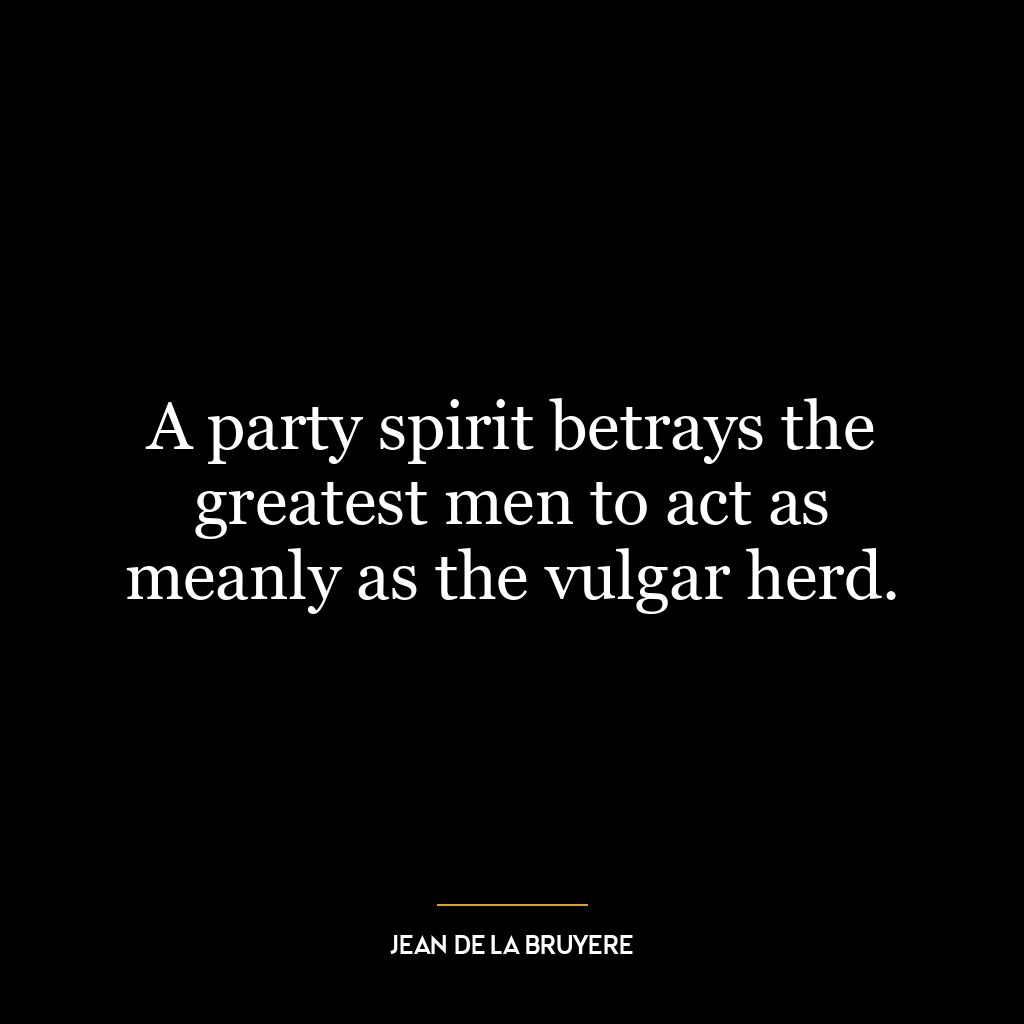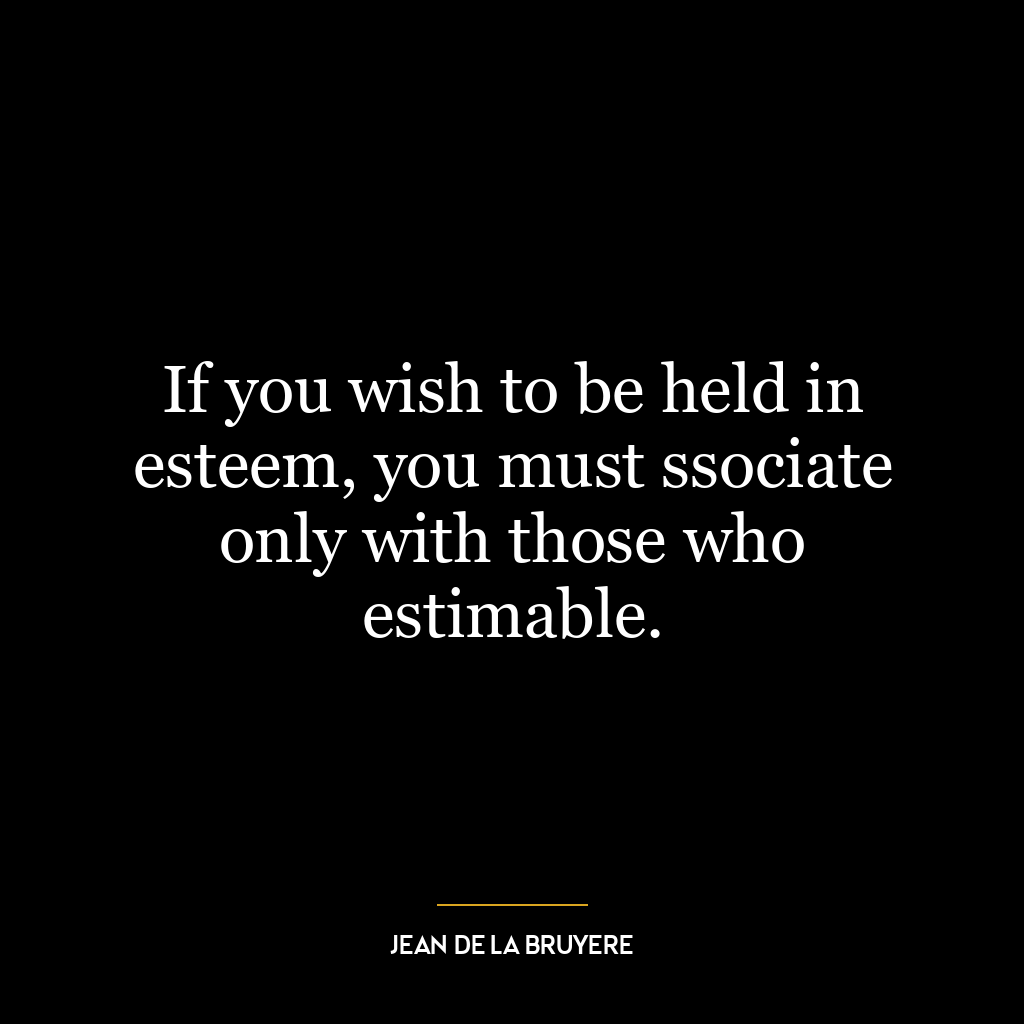Avoid dishonest gain: no price can recompence the pangs of vice.
This quote essentially means that no amount of ill-gotten wealth or benefits can compensate for the inner turmoil that comes from unethical behavior. The “pangs of vice” refer to the guilt, shame, and regret that one may feel after engaging in dishonest activities. These negative feelings can cause significant emotional distress that far outweighs any temporary gains from dishonesty.
The term “dishonest gain” refers to benefits acquired through unethical means, such as lying, stealing, cheating, or exploiting others. According to the quote, these gains are not worth the emotional cost. No matter how much wealth or power one accumulates through dishonesty, it cannot make up for the damage to one’s conscience and self-esteem.
Now, applying this to the modern world, we live in a society where success is often measured by wealth and power. This can create a strong temptation to engage in dishonest behavior in order to get ahead. However, this quote reminds us that such gains are ultimately hollow. They may provide temporary satisfaction, but they cannot bring true happiness or peace of mind.
In terms of personal development, this quote emphasizes the importance of maintaining integrity and ethical behavior. It suggests that we should strive to achieve success through honest means, even if it takes longer or requires more effort. In the long run, this will lead to greater self-respect and inner peace. It also helps to build a positive reputation, which can open up more opportunities for success in the future.
So, in essence, the quote is a call to prioritize ethical behavior over material gain. It reminds us that true success is not just about accumulating wealth or power, but also about maintaining our integrity and living in accordance with our values.













